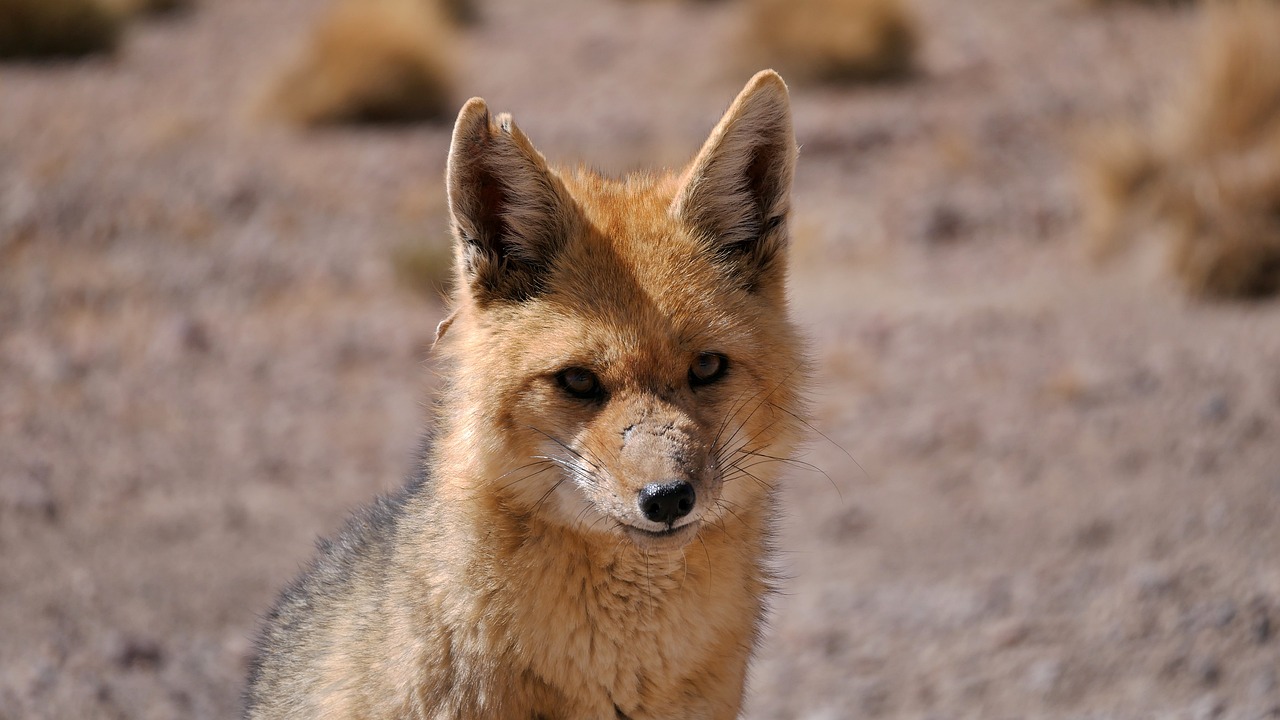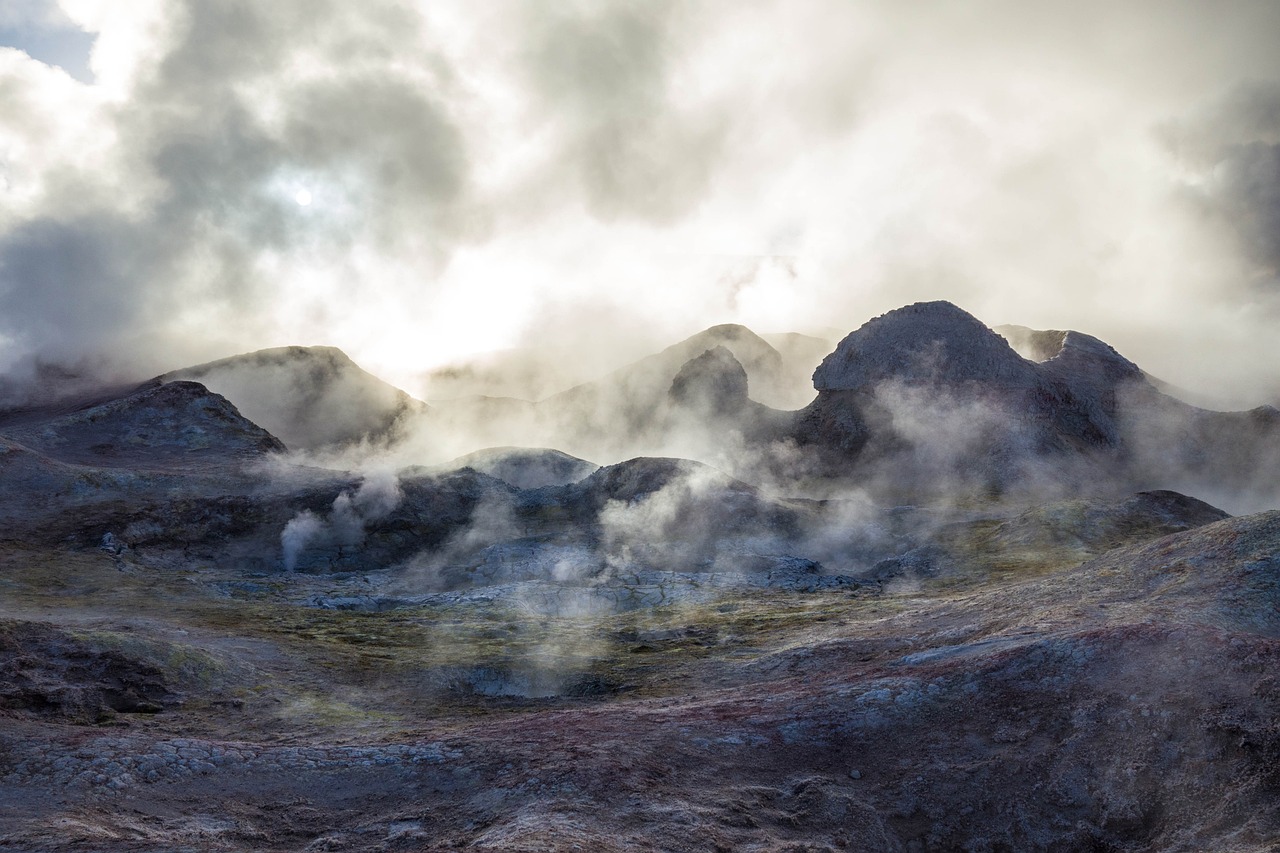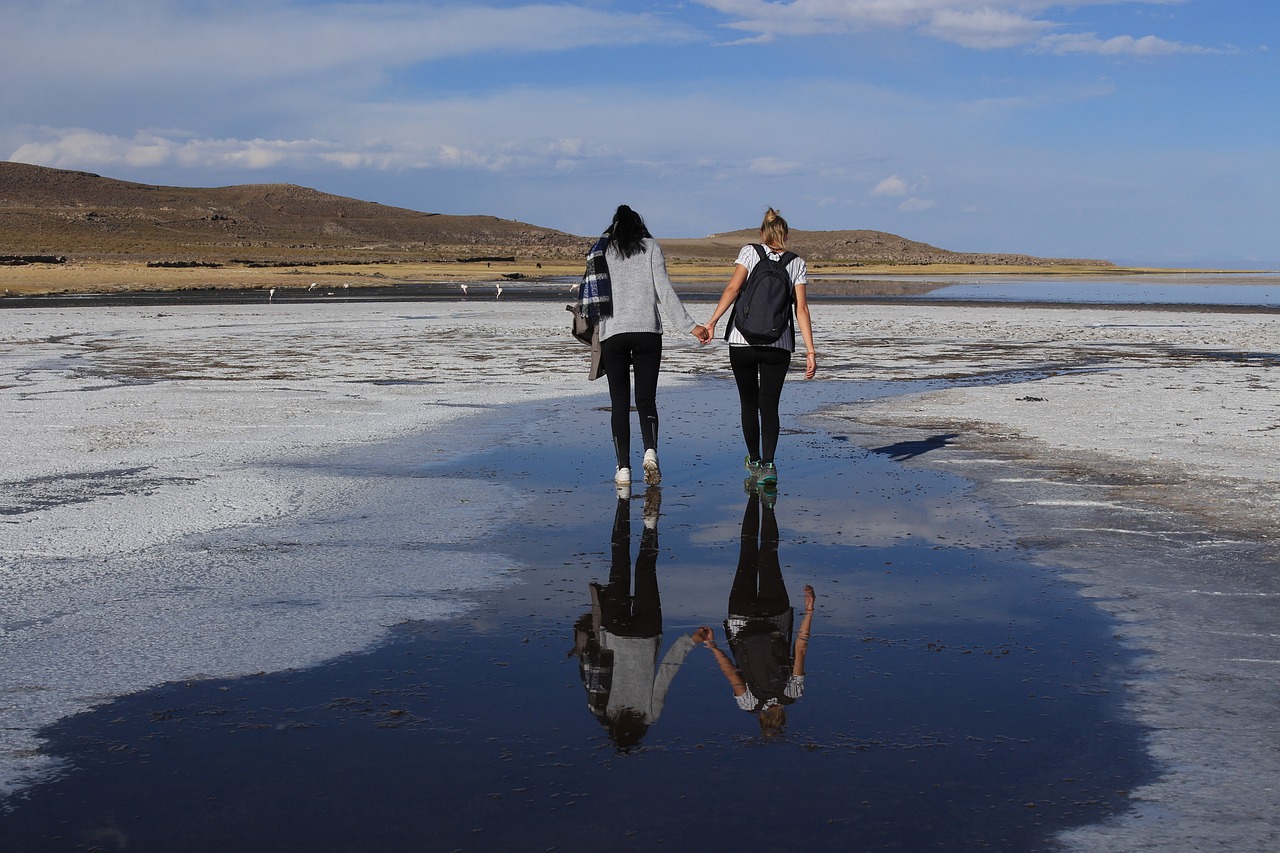Bolivia Video
Packing Essentials: Preparing for Half a Year in Bolivia
Bolivia is a beautiful country located in the heart of South America. With its diverse landscapes, rich culture, and friendly people, it’s no wonder that many travelers choose to spend an extended period exploring this fascinating country. If you’re planning to stay in Bolivia for six months or more, it’s important to pack wisely to ensure you have everything you need for your stay. In this article, we will provide you with a comprehensive list of packing essentials to help you prepare for your half-year adventure in Bolivia.
Section 1: Clothing
When it comes to packing clothing for an extended stay in Bolivia, it’s important to consider the diverse climate and varying altitudes found throughout the country. Here are some essential clothing items to pack:
- Layering clothing: Pack lightweight, breathable fabrics that can be layered to adapt to changing weather conditions.
- Warm clothing: Bolivia can get chilly, especially in the highlands, so pack a warm jacket, sweaters, and thermal underwear.
- Comfortable shoes: Bring sturdy, comfortable shoes for walking and hiking, as Bolivia offers many opportunities for outdoor exploration.
- Rain gear: Pack a waterproof jacket or poncho and a travel-sized umbrella to stay dry during the rainy season.
- Swimwear: Don’t forget to pack swimwear if you plan on visiting Bolivia’s stunning lakes and hot springs.
Section 2: Health and Safety
Taking care of your health and safety is crucial when traveling to Bolivia for an extended period. Here are some essential items to pack:
- Prescription medication: If you take any prescription medication, ensure you have an ample supply for the duration of your stay.
- First aid kit: Pack a basic first aid kit with essentials such as bandages, antiseptic cream, pain relievers, and any necessary personal medications.
- Insect repellent: Bolivia is home to mosquitoes and other insects, so pack a reliable insect repellent to protect yourself from bites.
- Sunscreen: The sun can be strong in Bolivia, especially at higher altitudes, so pack a high SPF sunscreen to protect your skin.
- Water purification system: It’s advisable to bring a portable water filter or water purification tablets to ensure access to safe drinking water.
Section 3: Electronics
In today’s digital age, electronics are essential for staying connected and capturing memories. Here are some electronics you should consider packing:
- Laptop or tablet: If you need to work or stay connected, a laptop or tablet can be handy.
- Universal power adapter: Bolivia uses Type A and Type C power outlets, so ensure you have a universal power adapter to charge your devices.
- Camera: Capture the stunning landscapes of Bolivia with a quality camera.
- Portable charger: A portable charger will come in handy during long journeys or when access to power outlets is limited.
- Headphones: Whether for entertainment or to block out noise during travel, a good pair of headphones is essential.
Bolivia Image 1:

Section 4: Travel Essentials
When embarking on an adventure in Bolivia, there are some travel essentials you shouldn’t forget to pack:
- Passport, visas, and copies: Ensure your passport is valid for at least six months beyond your planned departure date and make copies in case of loss or theft.
- Travel insurance: It’s crucial to have comprehensive travel insurance that covers medical emergencies, trip cancellations, and lost or stolen belongings.
- Money belt: Keep your valuables safe by using a discreet money belt.
- Travel locks: Bring sturdy locks to secure your luggage and hotel room.
- Reusable water bottle: Stay hydrated and reduce plastic waste by bringing a reusable water bottle.
Section 5: Language and Communication
While many Bolivians speak Spanish, it’s helpful to have some language and communication aids:
- Spanish phrasebook: A pocket-sized Spanish phrasebook can be helpful for basic communication.
- Translator app: Download a translator app on your phone to assist with more complex conversations.
- Local SIM card: If your phone is unlocked, consider getting a local SIM card for affordable local calls and data.
- Offline maps: Download offline maps to navigate Bolivia’s cities and remote areas without internet access.
- Emergency contact list: Have a list of emergency contacts, including local authorities and your embassy or consulate.
Section 6: Money and Banking
Managing your finances while in Bolivia requires some planning. Here are some essential items to consider:
- Debit/credit cards: Ensure your cards are internationally accepted and notify your bank of your travel plans to avoid any issues with card usage.
- Cash: While cards are widely accepted in major cities, it’s advisable to carry some cash for small purchases and in more remote areas.
- ATM locator: Research and download an ATM locator app to easily find ATMs in Bolivia.
- Money conversion app: Install a currency conversion app on your phone to stay updated with exchange rates.
- Emergency cash: Keep a small amount of emergency cash in a separate location in case of unexpected situations.
Bolivia Image 2:

Section 7: Transportation
Getting around Bolivia requires planning and understanding the available transportation options. Here are some essentials to consider:
- Internal flights: If you plan to travel long distances within Bolivia, consider booking internal flights for convenience and time-saving.
- Public buses: Bolivia has an extensive bus network, and it’s a cost-effective way to travel between cities and towns.
- Taxis: In major cities, taxis are readily available, but ensure they are official and use a meter or negotiate the fare upfront.
- Rideshare apps: Some Bolivian cities have rideshare apps like Uber, which can be convenient and offer fixed fares.
- Travel apps: Download travel apps that provide information on public transportation, schedules, and routes.
Section 8: Accommodation
Finding suitable accommodation for an extended stay in Bolivia is essential. Consider the following when making your arrangements:
- Apartments or guesthouses: Renting an apartment or guesthouse can provide a more comfortable and home-like experience.
- Hostels: Hostels are a popular choice for budget travelers, offering affordable accommodation and opportunities to meet fellow travelers.
- Online booking platforms: Utilize online booking platforms to compare prices, read reviews, and secure your accommodation in advance.
- Location: Consider the location of your accommodation, ensuring it’s convenient for your activities and has access to transportation.
- Amenities: Check the amenities provided, such as Wi-Fi, kitchen facilities, and laundry services, to meet your needs.
Section 9: Food and Water
Bolivia offers a unique culinary experience, but it’s important to be cautious with food and water to avoid getting sick. Here are some tips:
- Filtered water bottle: Consider investing in a filtered water bottle to purify tap water for drinking.
- Eating at reputable establishments: Stick to restaurants and food stalls with good hygiene practices and high customer turnover.
- Washing fruits and vegetables: Wash fruits and vegetables thoroughly with bottled or purified water before consuming.
- Avoiding street food: While street food can be tempting, it’s advisable to be cautious, especially with uncooked or improperly cooked food.
- Trying local specialties: Don’t miss the opportunity to try traditional Bolivian dishes such as salteñas, anticuchos, and llajwa.
Bolivia Image 3:

Section 10: Cultural Etiquette
Respecting the local culture and customs is important when visiting Bolivia. Here are some cultural etiquette tips to keep in mind:
- Greeting: Greet people with a handshake or a kiss on the cheek, depending on the level of familiarity.
- Respecting personal space: Bolivians value personal space, so avoid standing too close or touching someone unnecessarily.
- Dress modestly: When visiting religious sites or rural areas, dress modestly and respectfully.
- Learn basic phrases: Learning a few basic Spanish phrases will show respect and help you communicate with locals.
- Tipping: Tipping is not mandatory in Bolivia, but it’s appreciated for good service, typically around 10% of the bill.
Section 11: Exploring Bolivia
Bolivia offers a wealth of natural and cultural attractions. Here are some must-visit destinations and activities:
- Salar de Uyuni: Explore the otherworldly salt flats and marvel at the stunning landscapes.
- La Paz: Discover the vibrant capital city, known for its markets, colonial architecture, and breathtaking views.
- Titicaca Lake: Visit the highest navigable lake in the world and explore the indigenous communities and floating islands.
- Amazon Rainforest: Immerse yourself in the biodiversity of the Amazon rainforest on a guided tour.
- Historical sites: Explore the ancient ruins of Tiwanaku and the colonial charm of Sucre.
Section 12: Conclusion
By packing these essentials and following the tips provided, you’ll be well-prepared for your half-year adventure in Bolivia. Remember to plan ahead, stay safe, and embrace the beauty and culture of this incredible country. Enjoy your journey!
References
– gypsywarrior.com
– travel.state.gov
– lonelyplanet.com
– bolivia.travel


